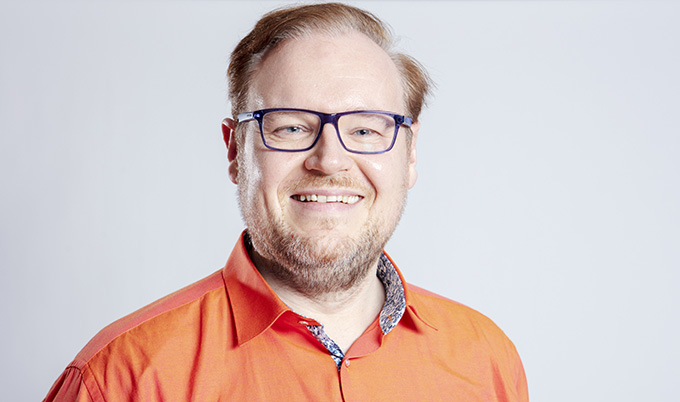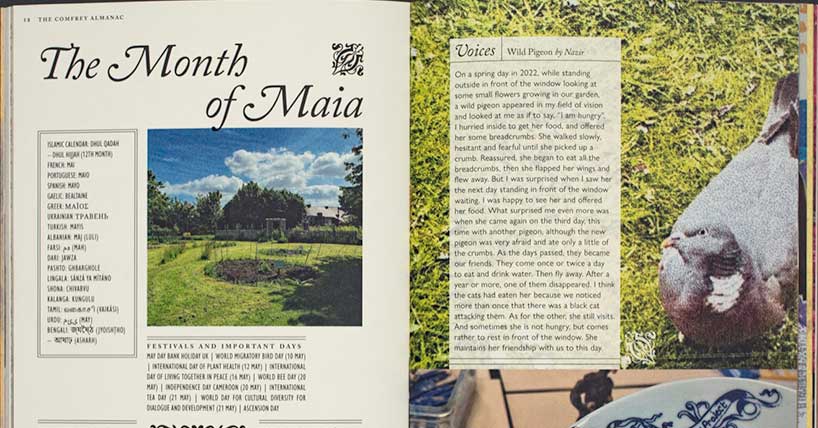HERA funding
Major new funding to explore social challenges across Europe
Published on: 16 April 2019
Researchers at Newcastle University have won a share of a major funding programme to explore the social, cultural, and political challenges facing the UK, Europe and the world.
Identity and belonging
Humanities in the European Research Area (HERA) has announced that it will invest €20 million in 20 research teams from across Europe as part of a joint research programme. Research projects under the theme ‘Public Spaces: Culture and Integration in Europe’ will explore subjects ranging from housing and healthcare to food and festivals.
From more than 200 applications across Europe, just 20 projects were successful in gaining funding, of which two are being led by academics at Newcastle University working with partners across Europe.
The first of these – “en/counter/points: (re)negotiating belonging through culture and contact in public space and place”– will be led by Dr Susannah Eckersley from the School of Arts & Cultures. The project aims to understand why people feel 'at home' or 'alienated' no matter whether they are refugees, migrant communities who have moved to new places, or whether they are people who feel that everything has changed around them.
Bringing researchers at Newcastle together with academic partners from Warsaw University Institute of Sociology; Potsdam Centre for Contemporary History; University of Amsterdam; and Politecnico di Milano, the project aims to have an impact on a wide range of areas including museum and heritage practices, urban planning policy, and integration and migration policy. It will also involve 12 associate partners from across Europe such as museums, heritage organisations, religious and migrant community groups, and cultural organisations.
Dr Eckersley said: “Recent political and social crises in Europe have changed many peoples’ sense of belonging - creating harmonious as well as conflicting notions of identity and belonging.
“By exploring a diverse set of case studies including minority, marginalised and 'left-behind' groups in post-socialist societies, in Brexit Britain, in post-conflict former Yugoslavia, and refugees in Germany and around the Mediterranean we will look at both harmonious and conflicting notions of identity and belonging in Europe today. This will be through research on cultural participation as well as on protest movements focussing on cultural traditions, commemorations and perceived threats to the preservation of the past."

Cultural integration
The second project is ‘Everyday experiences of young refugees and asylum seekers in public spaces’, which will be led by Professor Peter Hopkins, pictured, working with Leibniz Institute for Regional Geography, Germany; Utrecht University, Netherlands; and Liege University, Belgium. It will explore the issue of refugee youth, public space and integration in Europe, focusing on the role that arts and cultural initiatives play in the lives of refugee youth and how they engage with public space.
Professor Hopkins said: “We are delighted to have received prestigious funding through the HERA scheme for our research about the everyday experiences of refugee youth. We are excited about working with our academic partners and with community, arts and cultural organisations including the Northern Stage to explore important issues such as cultural integration and public space. It is particularly heartening that Newcastle is leading on two of the twenty funded European projects.”
Sharing knowledge and expertise
The transnational HERA project is aimed at building partnerships among humanities researchers across Europe and enabling the widespread sharing of knowledge and expertise.
The research is expected to mobilise the wide range of multi-disciplinary perspectives necessary to understanding the relationships between ‘public space’ culture and other phenomena, such as European integration.
Chair of HERA, Professor Wojciech Sowa said: “This is the fourth joint research programme that we have launched: funding new and exciting humanities-centred projects and supporting transnational collaboration and interdisciplinarity. Each research project involves researchers from at least four of the participating 24 countries in the HERA network. The transnational knowledge exchange allows new insights and ideas to be generated – encompassing a wide range of perspectives, cultures and identities.
“With the theme of ‘Public Spaces’ we hope that the research projects will deepen cultural understandings of public spaces in a European context and identify new insights that promote the full potential of citizens’ engagement with European public and cultural spaces.”
The HERA partnership consists of research councils from 24 countries in Europe, which are committed to the continued growth and development of collaborative and transnational humanities research across Europe. Key to this development is the support received through designated funding from the European Union’s Horizon 2020 research and innovation programme
The 24 countries are: Austria, Belgium, Czech Republic, Croatia, Denmark, Estonia, Finland, France, Germany, Iceland, Ireland, Italy, Latvia, Lithuania, Luxembourg, Netherlands, Norway, Poland, Slovakia, Slovenia, Spain, Sweden, Switzerland and United Kingdom.



